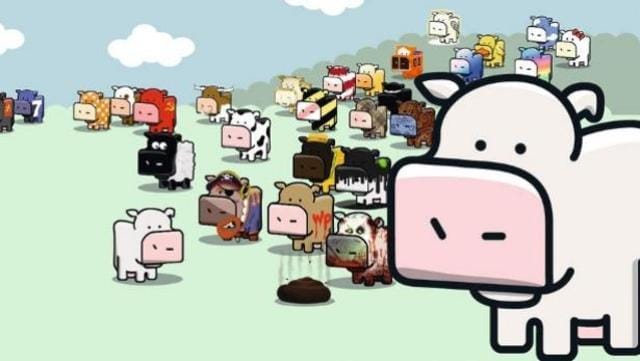So we’re not sure who owns our games. But do we have any better an idea of who owns our virtual goods?

Alongside recent fears over the legal ownership of digital goods (like games purchased on Steam), games lawyer Jas Purewal asks another potentially alarming question: forget about whether or not we “own” the games we purchase with stringent DRM, do we even own the things we buy within the game itself? Economies of virtual goods such as Farmville or Cow Clicker, Purewal notes, still have remarkably little in terms of any legal basis:
So, how has the game industry addressed this issue? We’ve ignored it, really. Pretty much all developers involved in virtual goods will have standard provisions in their terms and conditions stating that virtual goods have no legal existence. At best, the more educated ones might go further and say that if they’re wrong on that, then they own the virtual goods, thank you very much.
Contrast that with gamers who, depending on the kind of game we’re talking about, probably think they’re actually getting something of value in return for the investment they’re putting in. That’s certainly the case on the high value side of virtual goods, like the chap who spent $330k on a space station on Entropia Universe. On the lower value side of virtual goods, or for games with a relatively simplistic/restrictive approach to virtual goods like Farmville, I suspect gamers question less what they’re getting for their money – but at some level they expect to receive something. In other words, social gamers probably don’t worry too much what rights they’re getting when they buy a virtual cow – but if that virtual cow disappears 30 seconds after they bought it, they would have a problem.
Again like the recent issues with Steam, I can only expect gamers to be up in arms about some of the issues real soon.
-Yannick LeJacq
[Image and story via Edge]



